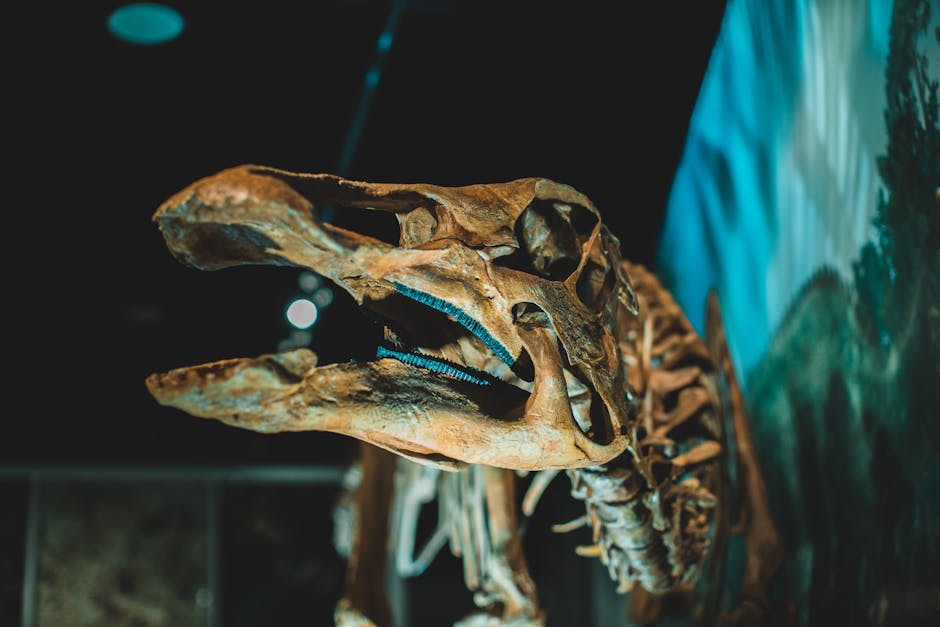A prime example lies in the impact of the Rosetta Stone’s discovery on Egyptology. Prior to its unearthing in 1799, hieroglyphic writing remained a complete mystery. The stone, inscribed with the same text in three scripts hieroglyphic, Demotic, and Ancient Greek provided the crucial key to unlocking this ancient language. This single discovery revolutionized the field, allowing scholars to decipher thousands of hieroglyphic inscriptions and thereby gaining invaluable insights into ancient Egyptian civilization, religion, and daily life. The previously enigmatic world of pharaohs, gods, and monumental architecture suddenly became far more accessible and comprehensible, fundamentally altering our perception of this remarkable culture.
Similarly, significant archaeological discoveries continuously refine and expand our knowledge of past societies. The excavation of Pompeii and Herculaneum, buried by the eruption of Mount Vesuvius in 79 AD, offers a vivid snapshot of Roman life. The remarkably preserved buildings, artifacts, and even human remains paint a detailed picture of daily routines, social structures, and artistic styles of a specific period, far exceeding the information gleaned from written sources alone. This unparalleled preservation challenges and expands upon historical accounts, allowing for a more nuanced understanding of Roman society beyond the biases of elite sources.
However, the impact of discovery extends beyond simply filling gaps in existing knowledge. Frequently, new findings challenge established historical narratives, forcing a re-evaluation of long-held assumptions. The discovery of the Indus Valley Civilization, for example, completely altered our understanding of early urban development. Previously, Mesopotamia and Egypt were considered the cradles of civilization. The Indus Valley Civilization, with its sophisticated urban planning, standardized weights and measures, and advanced drainage systems, demonstrated that complex societies flourished independently in other parts of the world, significantly expanding our understanding of the trajectory of human civilization. This challenged the Eurocentric bias prevalent in earlier historical narratives and forced a more inclusive and geographically diverse approach to the study of the past.
Furthermore, the interpretation of discoveries is often contested and evolves over time. Archaeological finds, for instance, are subject to differing interpretations depending on the theoretical framework and methodologies employed by researchers. The same artifact can be understood in vastly different ways depending on the prevailing archaeological paradigms. This ongoing debate reflects the inherent complexity of the past and the limitations of our ability to fully reconstruct it. The very act of interpreting a discovery inherently involves selecting certain aspects and perspectives over others, shaping our understanding accordingly. The subjective nature of interpretation emphasizes the dynamic and evolving nature of historical knowledge.
Technological advancements further enhance the impact of discoveries. Advances in techniques like radiocarbon dating, DNA analysis, and remote sensing have revolutionized the field, allowing for more precise dating of artifacts and sites and providing new insights into human migration patterns, genetic relationships, and environmental contexts. These technological tools greatly extend our ability to interpret the past, revealing layers of information previously inaccessible. For example, DNA analysis applied to ancient human remains has revolutionized our understanding of population movements, migrations, and genetic lineages, challenging traditional models of human evolution and societal development.
Beyond the specific details, discoveries also have a broader impact on our understanding of humanity’s place in the world. By confronting us with the achievements and failures of past civilizations, these findings offer valuable lessons for the present. The study of past empires, for instance, highlights the cyclical nature of power and the consequences of unsustainable practices. Examining the rise and fall of civilizations can provide valuable insights into societal resilience, environmental challenges, and the dynamics of conflict and cooperation.
In conclusion, discoveries in history and archaeology fundamentally reshape our understanding of the past. They provide concrete evidence to support existing theories, challenge established narratives, and open up entirely new avenues of inquiry. The process of interpreting and reinterpreting these findings is a continuous one, influenced by advancements in technology, evolving theoretical frameworks, and ongoing scholarly debate. As new discoveries continue to emerge, our understanding of the past will inevitably continue to evolve, enriching our understanding of humanity’s long and complex journey. The iterative nature of historical and archaeological inquiry underscores the crucial importance of ongoing research and the ever-evolving nature of our understanding of the past.
